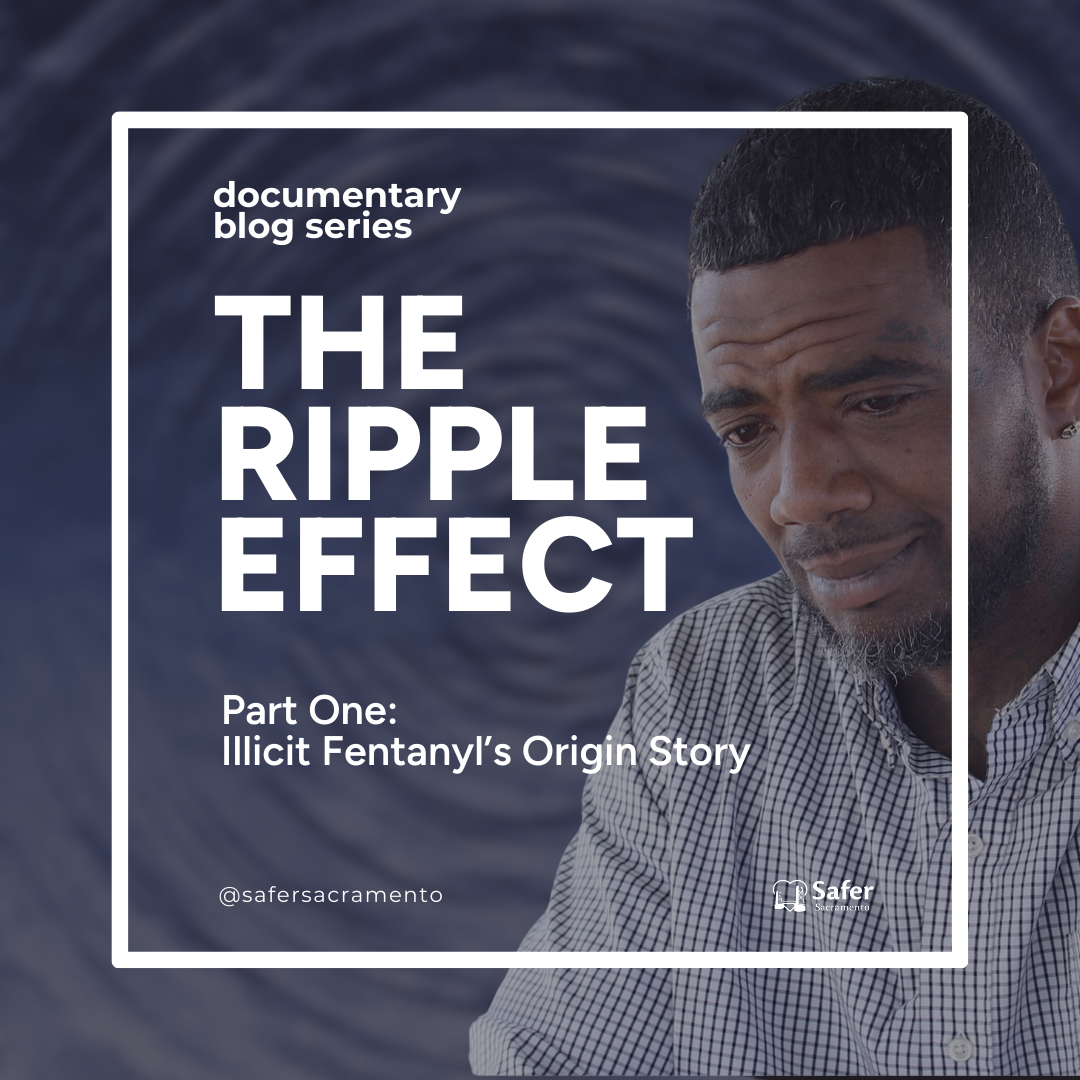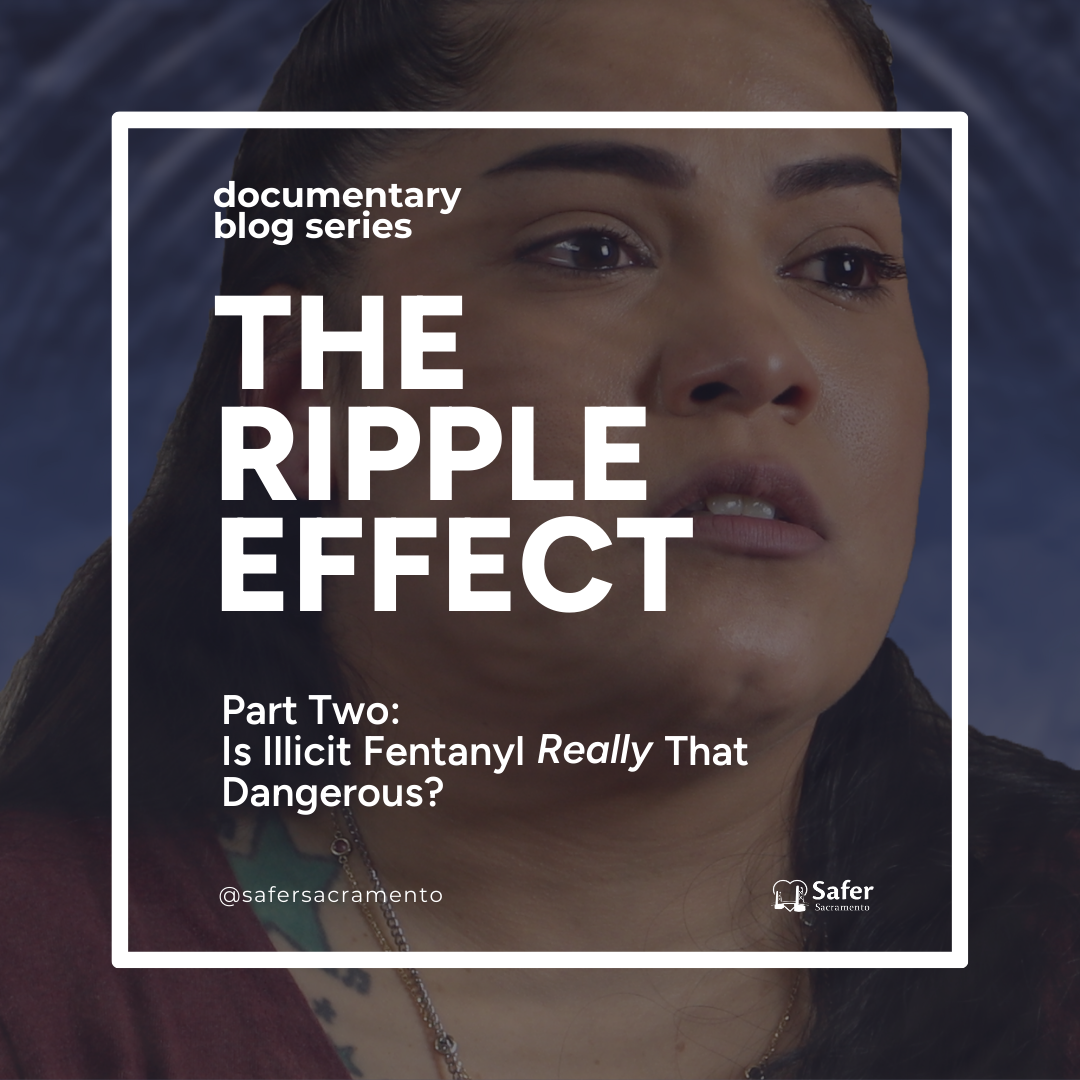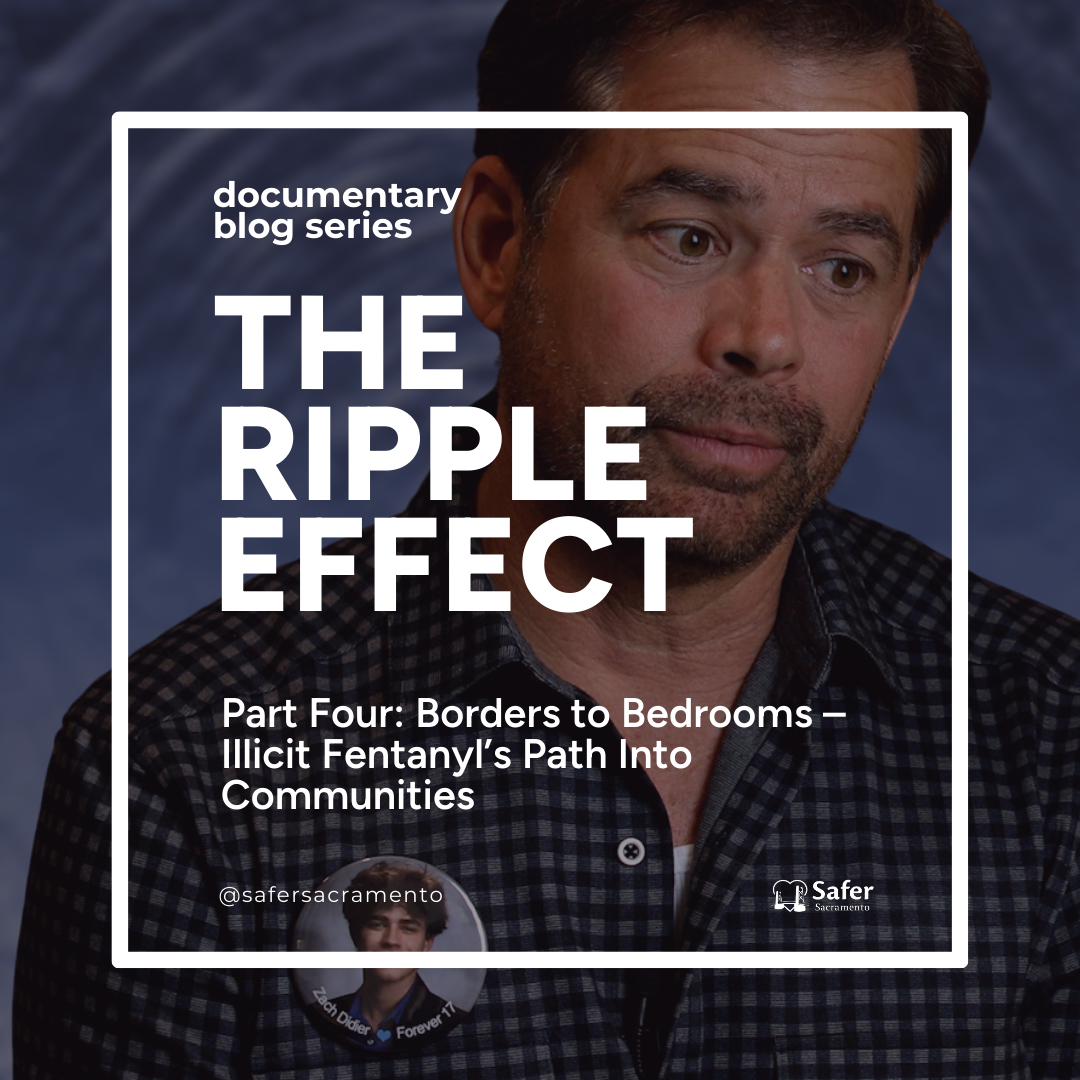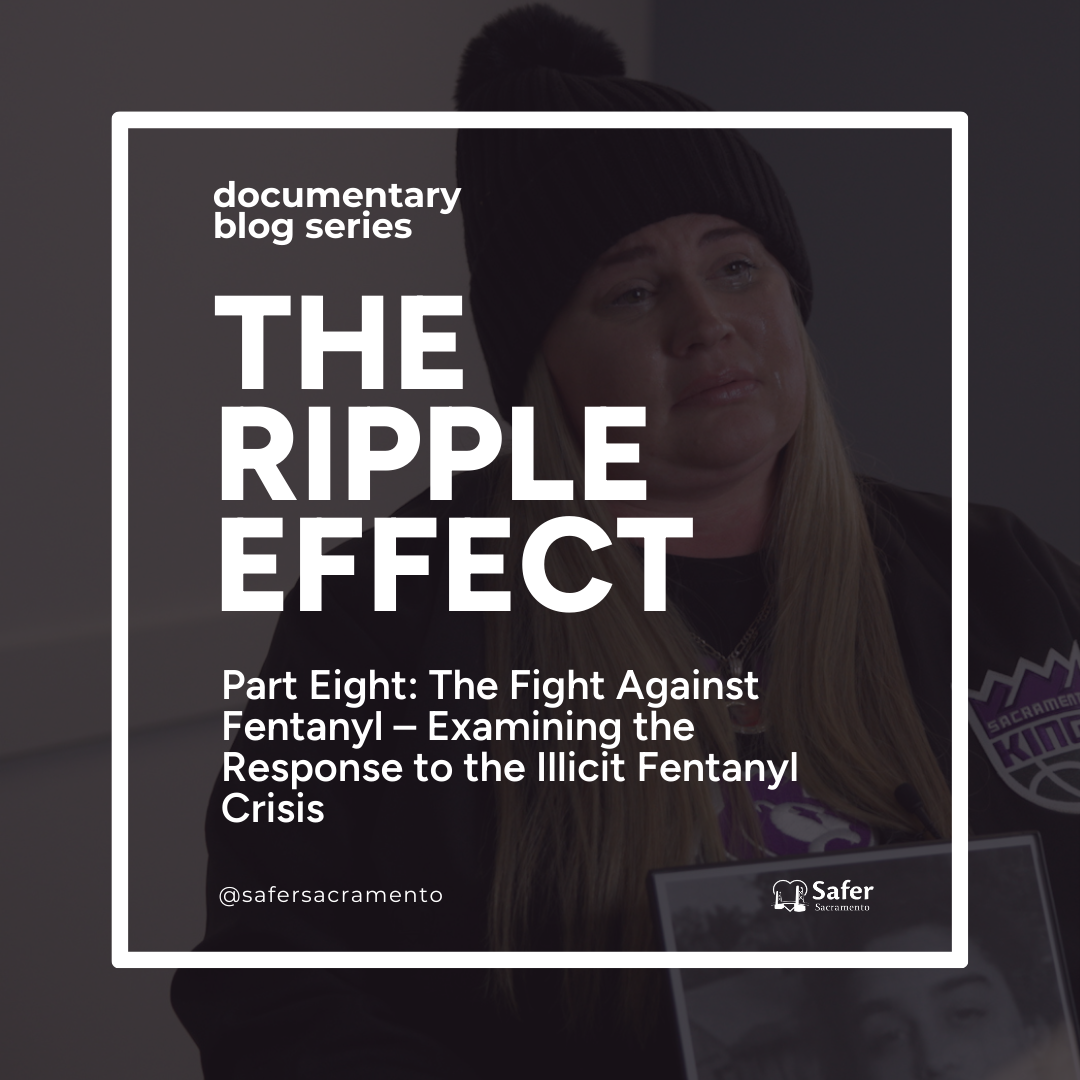The Ripple Effect is a nine-part documentary blog series that sheds light on the harrowing reality of the fentanyl crisis in the U.S. and its impact on Sacramento County in particular. Each installment delves deep into the multifaceted aspects of this epidemic, exploring its origins, impact on families and the community, and the relentless efforts to combat the crisis. The Ripple Effect integrates fact-based research and multimedia content to bring personal perspectives and expert testimony to the forefront.
The Ripple Effect, Part One: Illicit Fentanyl’s Origin Story
Learn about illicit fentanyl's infiltration into the United States, from its origins in Chinese labs to its processing and distribution hubs in Mexico.
The Ripple Effect, Part Two: Is Illicit Fentanyl Really That Dangerous?
Understand the dangers of illicit fentanyl and its effect on the body. Learn about the distinction between fentanyl poisoning and overdose.
The Ripple Effect, Part Three: Illicit Fentanyl – Border Crossings and Countermeasures
As the fentanyl devastation continues to wreak havoc in our communities, this blog explores how fentanyl infiltrates our U.S. borders and the response of government agencies as they strive to address it. Despite ongoing efforts, illicit fentanyl continues to fuel a devastating opioid crisis, demanding comprehensive and coordinated actions.
The Ripple Effect, Part Four: Borders to Bedrooms – Illicit Fentanyl’s Path Into Communities
Learn about the complexities of fentanyl distribution in the U.S., particularly in California, as our latest blog explores how transnational crime networks exploit vulnerabilities in borders and communities. Discover how technology fuels illicit drug markets, complicating efforts to curb the devastating impact of fentanyl.
The Ripple Effect, Part Five: Illicit Fentanyl’s Fatal Grip On Vulnerable Communities
Fentanyl has rapidly become a leading cause of overdose deaths in the U.S., hitting vulnerable communities the hardest. This blog explores the devastating impact of fentanyl on economically struggling rural areas and urban centers grappling with homelessness, poverty, and racial inequality. It examines how factors like limited resources, healthcare disparities, and systemic inequities intersect, exacerbating the crisis in these communities.
The Ripple Effect, Part Six: The Illicit Fentanyl Crisis Sweeping Sacramento County
Learn about the devastating impact of the illicit fentanyl crisis in Sacramento County, where overdose deaths have surged over 2,000% in recent years. Learn about the role of counterfeit pills, the influence of the pandemic, and how fentanyl is disproportionately affecting vulnerable communities.
The Ripple Effect, Part Seven: Illicit Fentanyl’s Devastating Toll on Teens and Young Adults
The fentanyl crisis is devastating young people across the U.S., with overdose deaths rising due to counterfeit pills and a lack of understanding about the drug’s dangers. This blog examines the alarming trends, risk factors, and the role of social media in spreading fentanyl-laced substances.
The Ripple Effect, Part Eight: The Fight Against Fentanyl — Examining the Response to the Crisis
Discover how Sacramento County is tackling the fentanyl crisis with a comprehensive approach that includes harm reduction strategies, expanded treatment services, and robust community education programs and partnerships. Learn how initiatives like naloxone distribution, fentanyl test strips, and youth-focused outreach are saving lives and reducing overdose deaths.
The Ripple Effect, Part Nine: Concluding the Series On Illicit Fentanyl
Concluding our in-depth documentary blog series on the illicit fentanyl crisis in the U.S., this final installment recaps key insights, from its origins and trafficking routes to its devastating impact on communities and youth. While progress has been made, challenges remain. Explore the full series to understand the crisis, the fight against fentanyl, and the urgent need for continued action.










